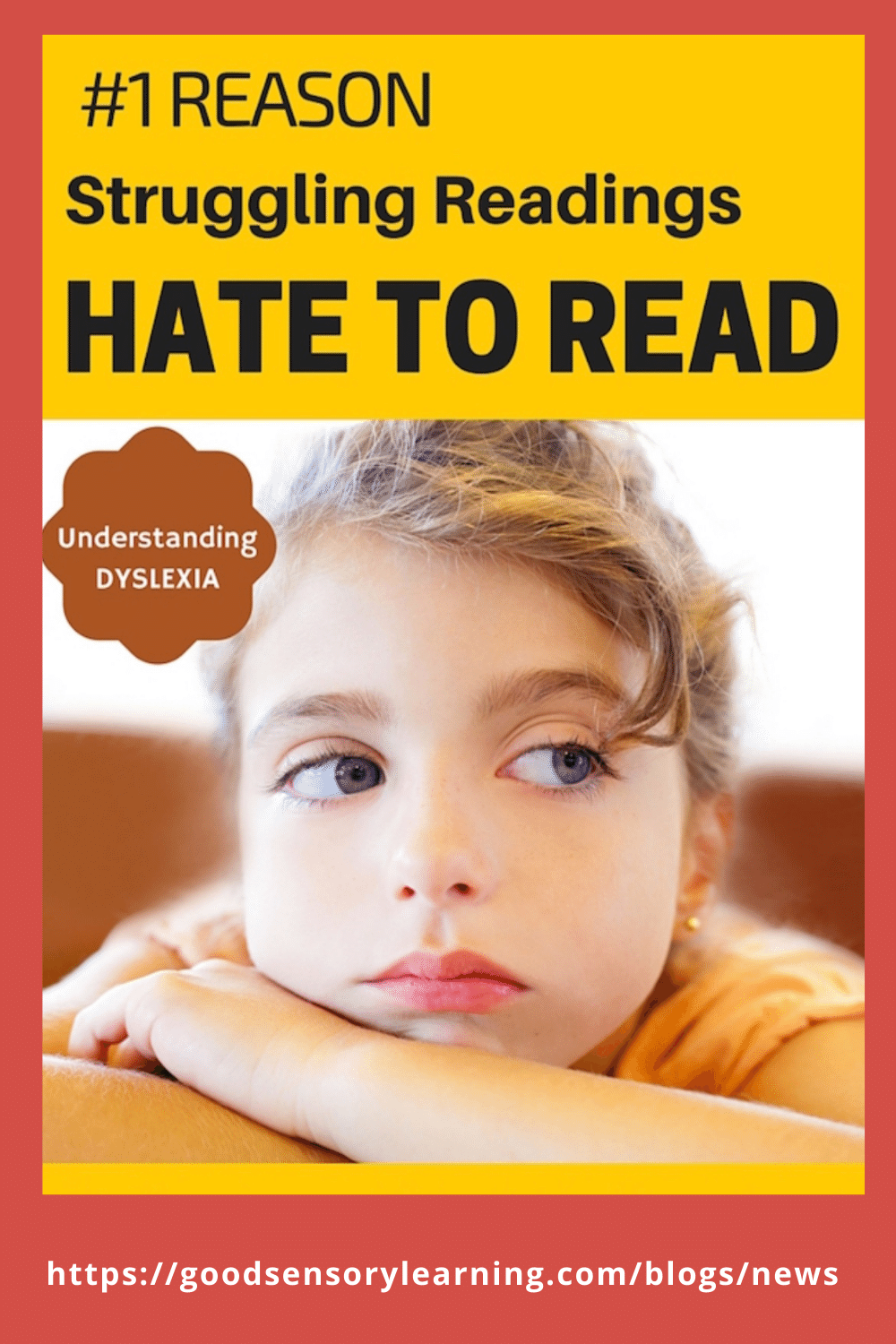Learn about Strengthening Working Memory with Free Sample Activities
Working memory is a core executive functioning skill and one of the most essential cognitive processes involved in learning. It serves as the brain’s temporary workspace — the mental notepad where we hold, manipulate, and integrate new and stored information. Every academic task, from reading comprehension to solving math problems, depends on a student’s ability to keep information active in their mind while using it to reason, plan, and respond.

In fact, recent research shows that working memory is a stronger predictor of academic success than IQ. This finding underscores just how vital it is to identify and strengthen this skill in students of all ages. A strong working memory allows learners to follow multi-step directions, organize their thoughts, sustain attention, and make meaningful connections between concepts. On the other hand, a weak working memory can make even simple tasks feel overwhelming — leading to frustration, reduced confidence, and inconsistent academic performance.
The good news is that working memory isn’t fixed; it can be developed through targeted practice, mindfulness, and multisensory strategies. By recognizing its role and intentionally strengthening it, educators, parents, and students can unlock remarkable improvements in focus, comprehension, and overall learning efficiency.
How Does Working Memory Function?
- Reasoning
- Problems solving
- Metacognition
- Managing one's mental state
- Comprehension
- Memory at large
How Can this Skill Be Strengthened?
Just like weak muscles can be strengthened through regular exercise, working memory can be developed through targeted, repetitive practice. By engaging in activities that challenge students to hold, manipulate, and recall information, we help them build the cognitive stamina needed for academic success.
Below are a few sample activities designed for educational therapists, learning specialists, tutors, and parents who want to make this process both effective and fun. These strategies transform learning into a game-like experience that strengthens focus, attention, and mental flexibility.
✨ Ready to get started? Download your free sample of working memory activities and discover how small, consistent practice can lead to big cognitive gains!
I also offer a working memory workbook for elementary students: For a free sample of activities, CLICK HERE. 
Cheers, Erica
Dr. Erica Warren is the author, illustrator, and publisher of multisensory educational materials at Good Sensory Learning. She is also the director of Learning to Learn and Learning Specialist Courses.
- Blog: https://goodsensorylearning.com/blogs/news
- YouTube Channel: https://www.youtube.com/user/warrenerica1
- Executive Function Podcast: https://goodsensorylearning.com/pages/the-personal-brain-trainer-podcast-with-dr-erica-warren
- Store: http://www.Goodsensorylearning.com/
- Courses: http://www.learningspecialistcourses.com/
- Newsletter Sign-up: https://good-sensory-learning.kit.com/drericawarren




Leave a comment
This site is protected by hCaptcha and the hCaptcha Privacy Policy and Terms of Service apply.